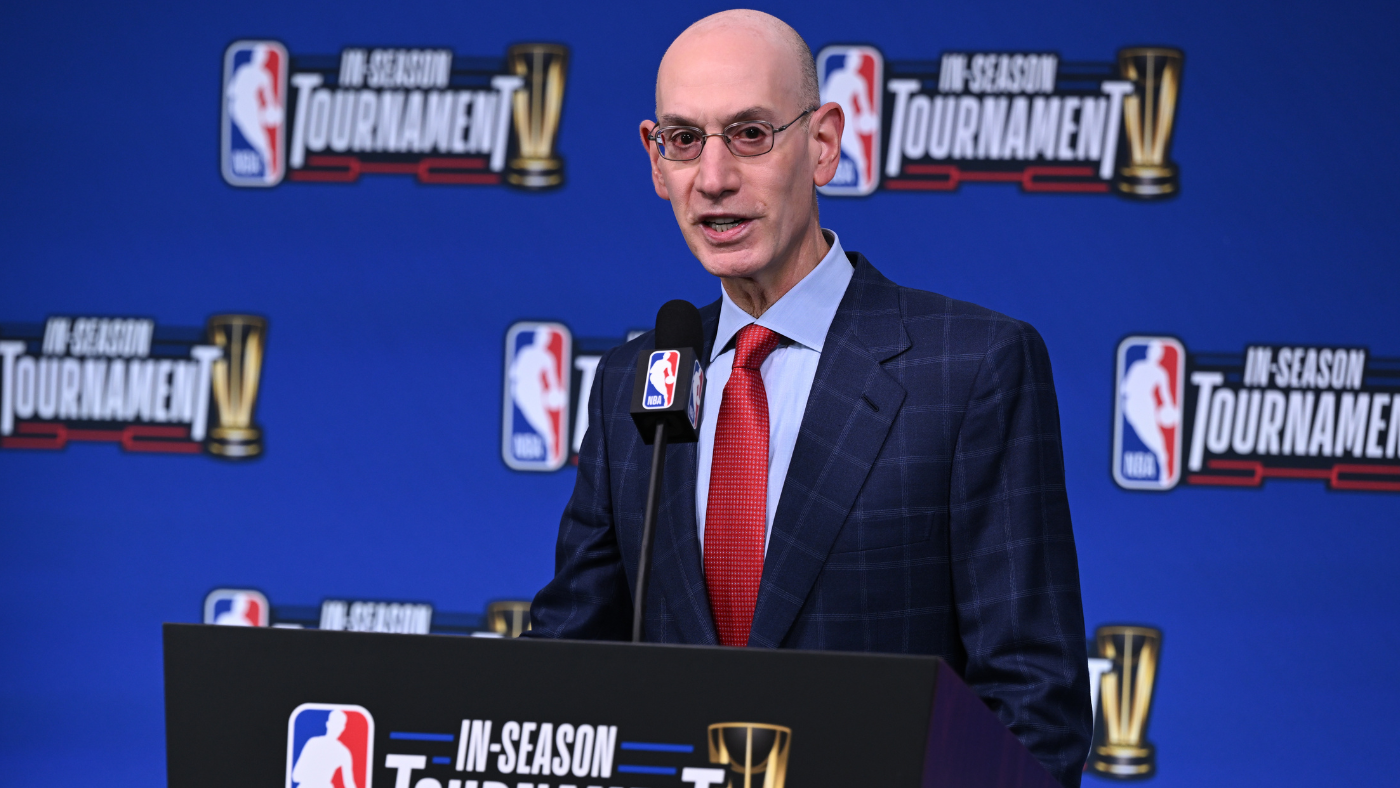Advancements in medical care could be saving lives amid conflicts around the world
Written by ABC Audio ALL RIGHTS RESERVED on December 10, 2023
Performing medicine can be difficult in any setting but perhaps no more challenging than during a humanitarian crisis.
Doctors, nurses, and other medical professionals are often performing under extreme duress with a limited number of tools compared to working in a traditional hospital setting.
There have been medical advances over the centuries when it comes to battlefield medicine both in the training and the equipment used, but more recent improvements in care may be helping save more lives in wars, such as the one in Ukraine and ongoing Israel-Hamas conflict, than were available a decade or two ago.
Experts told ABC News that some of the innovations are in the technology used — such as portable laboratories — to organizational changes, such as making sure civilians are also receiving basic health care on top of surgical care to prevent a separate public health crisis from emerging.
Social media helping doctors
In past humanitarian conflicts, when telegrams or landline calls were the standard form of communication, it was hard for doctors treating patients in conflict zones to ask for help or advice from their colleagues abroad.
In conflict zones, whether it’s a local doctor or a doctor who has been deployed from another country, medical professionals are often treating patients with conditions they are not familiar with.
Dr. Tom Weiser, clinical professor of surgery in the field of trauma, critical care, and emergency general surgery at Stanford University School of Medicine, said the advent of social media and connectivity has been a major asset to doctors working in conflict zones.
“Being able to reach out to colleagues, and ask advice about, ‘Hey, I have this thing that I’ve never seen before,'” he told ABC News. “I may be a plastic surgeon or a gynecologist and now I’ve been recruited into this conflict, [someone] who has surgical skills but is now suddenly operating or asked to operate beyond his or her normal scope of practice.”
Weiser added, “I would say that probably the biggest change is the ability to receive advice or perspective from those who might have had an experience who is not necessarily sitting next to you or leaning over your shoulder, but can [be] just a phone call or WhatsApp or Telegram or a YouTube video away.”
Portable laboratories
One of the recent innovations of Doctors Without Borders or Médecins Sans Frontières (MSF) is the “Mini-Lab,” which is designed to be a transportable clinical laboratory that is easy to set up and is affordable when MSF workers are deployed.
According to MSF, it can be set up in areas where traditional laboratories are lacking, and even non-experts can use it after brief training.
“That’s something that you can kind of deploy to a conflict zone within limits,” Dr. Amber Alayyan, MSF’s deputy program manager for Palestine, told ABC News.
“So, with that, it’s a miniature microbiology lab and that’s been quite revolutionary in the sense that we can deploy that quite quickly,” Alayyan added.
Alayyan said this helped with longer-term surgical missions or “surgical programs that especially in the situation like in Gaza, or in other places that we’ve seen sort of more ‘modern conflicts’ whether it’s we’ve not used it in the Ukraine, but that kind of setup or in Syria, where you have a lot of very severe injuries.”
Alayyan explained that in conflicts with severe injuries and surgeries that don’t have the best hygiene, there is a high potential for wounds to get infected.
“That’s where something like the mini-lab would come into play,” she said.
Staff can use the mini-lab to determine what kind of disease or infection someone has and from there, figure out how to treat it.
Advancements in amputations
Over the years, there have been a number of innovations in the field of amputation from the introduction of tools such as artery forceps in the 16th century to techniques to make the surgery more effective.
Although doctors often try to save a limb, Weiser said that over the past few decades, medical professionals have realized some limbs may be so badly damaged, especially in conflict, that amputation may be more beneficial.
“Fundamentally, a lot of people can spend a lot of time salvaging limbs that then are fairly useless to the person because they’ve just lost so much tissue that you might have a limb, say a foot, that’s still there but the patient kind of drags it along and it’s actually more of a hindrance, especially for somebody who’s otherwise young and healthy than if you had done an amputation,” he said. “I do think that we’ve learned not to try and overtreat limbs that really aren’t going to be functional.”
He added that it’s also important to make this realization quickly to prevent a patient from going through multiple unnecessary surgeries.
“You can put somebody through many, many operations and then, at the end of the day, realize you’ve done all these operations, you got all these anesthetics, you’ve done all this reconstruction or attempted reconstruction, and you still don’t have a functional extremity,” Weiser said.
Access to basic primary care
Alayyan said there has been more of an emphasis in recent conflicts compared to past conflicts to provide basic primary care to those affected.
“I can’t emphasize enough the need for people to look at primary care during a conflict and what I mean by that are vaccinations, making sure that the diseases that would be prone to epidemic levels are under control, that basic hygiene is under control, that basic health is being looked after,” she said.
She said the term “lifesaving care” doesn’t just mean treating the injuries experienced during war but also making sure basic health needs are met.
“In the past, lifesaving meant surgery, surgery, surgery. And I think that what we’ve seen…from day one of a conflict, sure you have many people who are injured, you have many surgical needs,” Alayyan said.
“But the health system will surely collapse in many of these situations and then you run into — the longer conflict goes on — the longer children have gone without vaccines, the longer women have gone without prenatal care,” she added.
Alayyan said when she was working on the Syria conflict in 2013, there was a big focus on surgery and injuries but not on primary care or chronic diseases.
“What you see is that after a few months, kids are born, they don’t have their vaccinations,” she said. “Children who were born in a period of time, like say six months, where they haven’t had any vaccines, and those are the kids who are gonna grow up who are going to be more prone to getting measles, et cetera, versus the kids who already like one or two who have already gotten around to vaccines.”
With adults in Syria, Alayyan said that due to a lack of focus on chronic diseases, and not getting patients their medications or treatments, many started to experience severe health issues.
“So, there has been more of a focus of bringing chronic diseases to the table in emergency operations and emergency humanitarian support,” she said.
However, Alayyan said Gaza is a distinct situation because there are no safe zones or places to ago amid intense fighting from Israeli forces.
“The Israeli army has sent out flyers or texts saying ‘Leave this area now and go to this [other] area’ but then the population goes to that area, and then it’s still being bombed,” she said. “So there’s not actually a safe place for them to go and it’s very, very difficult for us as healthcare providers to provide any kind of care when there isn’t a safe area where we can actually do that.”
Both Alayyan and Weiser spoke about the importance of medical professionals needing to feel they are safe when they are treating patients in conflict zones.
“We can do a lot more when we know that we have access to our population, that we ourselves are protected, that the hospitals and the clinics where we’re working are not under fire, and the current conflict, obviously in Gaza, is a case in point for that, but it’s not the only one,” Alayyan said.
Copyright © 2023, ABC Audio. All rights reserved.







